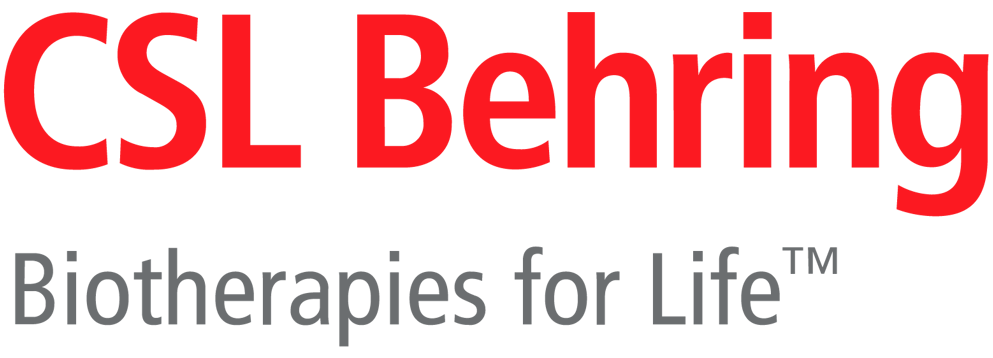Reversibility of apixaban anticoagulation with a four-factor prothrombin complex concentrate in healthy volunteers
This was a phase I, assessor-blinded, placebo-controlled, cross-over trial in healthy adult volunteers. The volunteers (n=12) were given 5mg apixiban twelve hourly, for two-and-a-half days, then given either an infusion of 25 units/kg 4F-PCC (Kcentra), or normal saline. Blood samples were taken regularly and analysed for several clotting metrics, including:
- Thrombin generation
- Anti-factor Xa
- Prothrombin time (PT)
- Activated partial thromboplastin time (aPTT).
The volunteers underwent a washout period of ten days, before being switched to the other treatment arm.
After analysis, it was noted that peak thrombin generation increased significantly with 4F-PCC compared to placebo, with corresponding improvement in other thrombin generation parameters. 4F-PCC also caused a statistically significant decrease in PT versus placebo, however, pre-treatment PT levels were all within normal range. aPTT and anti-Xa levels showed no significant difference. This emphasises the limitations of using PT, aPTT and anti-Xa to aid clinical decision making in NOAC associated bleeding.
This study was small in scale, and is somewhat limited in application, as the volunteers were not directly comparable to the average patient requiring oral anticoagulation. However, the importance of determining what agents can effectively reverse NOACs, as well as what clotting metrics can be used to monitor coagulation status with these medications cannot be overstated.
of interest
are looking at
saved
next event
Job number: KCT16-01-0010
Developed by EPG Health for Medthority in collaboration with CSL Behring, with content provided by CSL Behring.
Not intended for Healthcare Professionals outside Europe.

